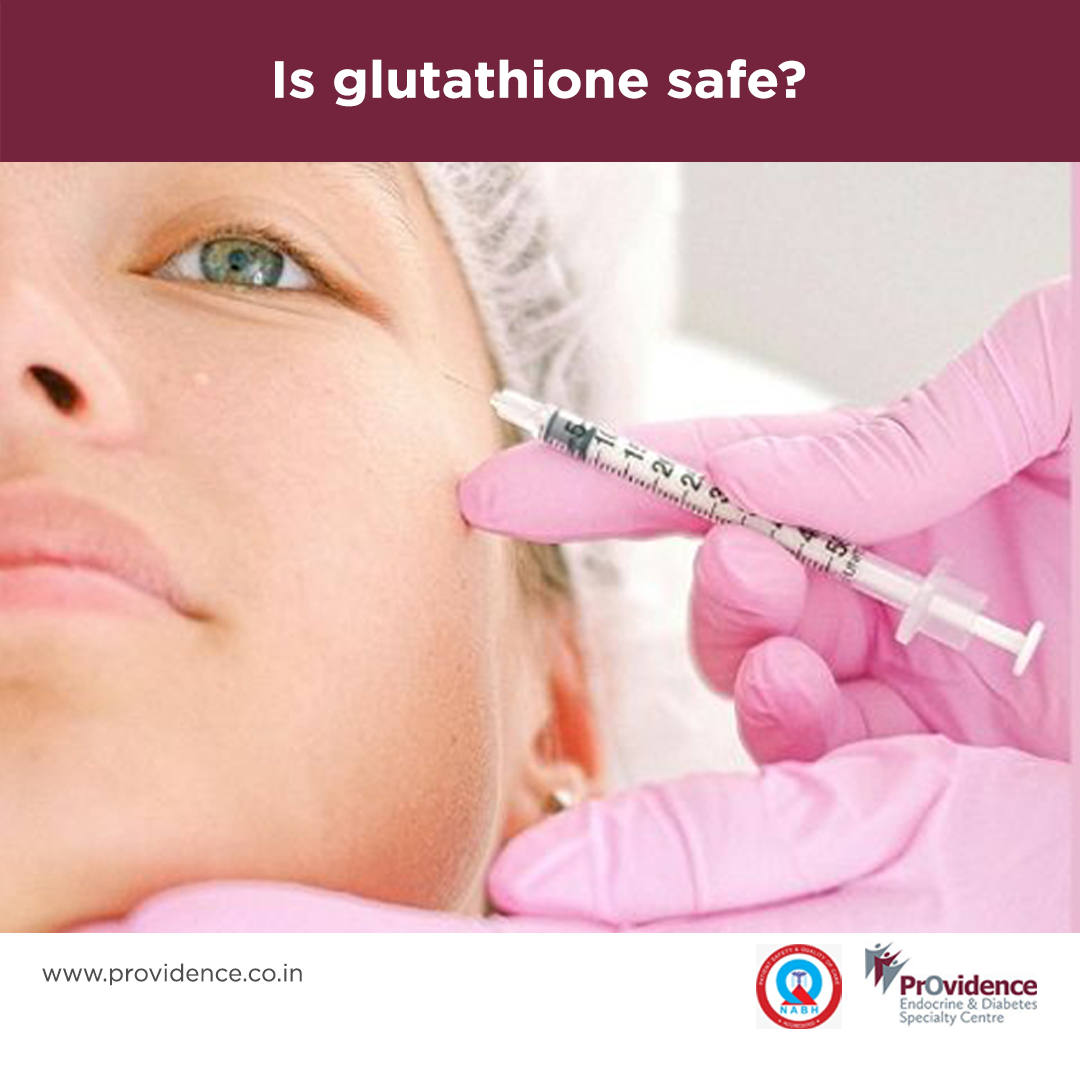Glutathione is usually used as a supplement under the category of nutraceuticals. It is not a prescription drug. As of this date, glutathione is not approved by the FDA for treatment or prevention of any disease.
Although generally considered safe for most people when used appropriately, its safety can depend on the method of use and individual health factors. Oral supplements, such as pills or capsules, are commonly used and typically well tolerated. However, glutathione is broken down in the digestive system, and very little of it is absorbed. They may produce abdominal cramps and bloating.
Intravenous (IV) glutathione , often used in clinical settings or for cosmetic purposes like skin lightening, is more potent but carries a higher risk of side effects. They are considered unsafe and even ineffective. Some of these “ compounded glutathione ” have been associated with acute reactions and bloodstream infections.
Glutathione is sometimes used in topical creams, although less studied, and generally poses minimal risk when used as directed. As of the date, glutathione, despite being extensively used, has limited scientific benefits.
Dr. Deepa G, MHSc (Diab), Dip (Diab)



